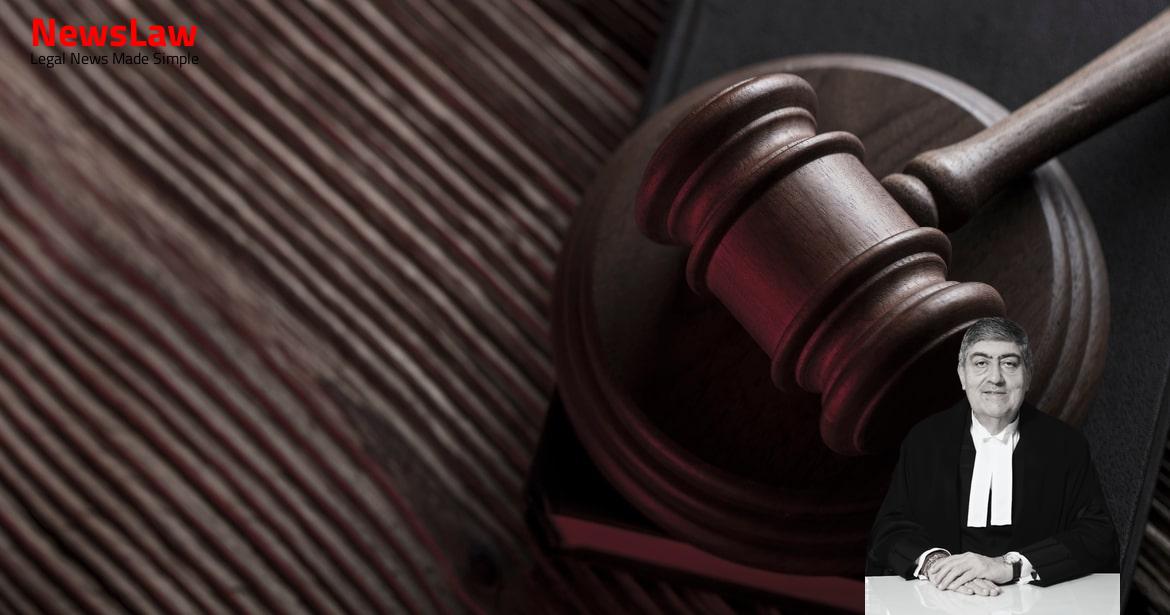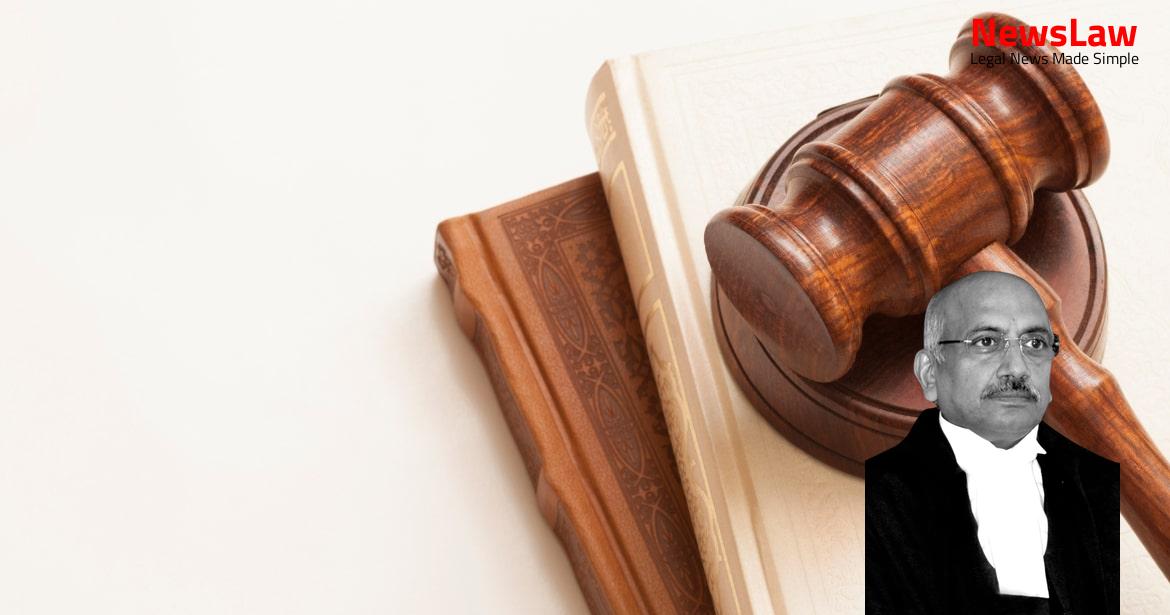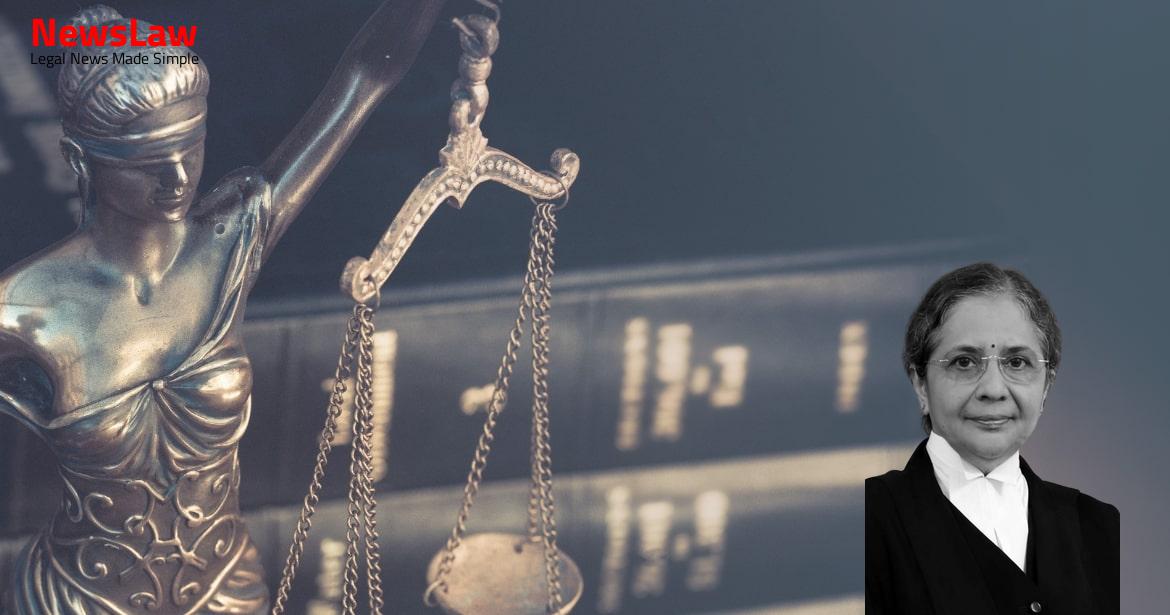The trial court had set aside an award made in the appellant’s favour awarding substantial amounts towards its claim, in the backdrop of a road construction contract. The respondent state, aggrieved by the award of the arbitrator, challenged it under Sections 30/33 of the Indian Arbitration Act (hereafter “the Act”), claiming that it was the result of legal misconduct.
Also Read: https://newslaw.in/supreme-court/legal-analysis-of-claim-for-loss-of-profit-in-delayed-contract/
Both the trial court and the High Court held that the award was vitiated by the legal misconduct of the arbitrator under the old Arbitration Act. In this regard, it was held that the claim was made much beyond that period of time and, therefore, contractually precluded.
It was pointed out that the arbitrator did not allow all these claims but was discerning in the findings, in allowing them partially.
The main subheads of this claim included salaries of supervisory staff; camp establishment; interest of borrowed capital; stationery; postage; cost of tools and plants; extra cost for maintenance of labour camps; water supply; medical aid; remobilization of labour; restarting machinery and plants after every working season; uncovered advances from piece rate workers and skilled labourers; charges towards security of the colony, camp etc.
Regarding the sum granted with respect to the stoppage of work during the release of canal, the arbitrator took into account the actual period based upon the evidence produced (C55 and C57), the duration was between 23.08.1987 to 15.10.1987 and 20.07.1988 to 28.08.1988 and between 10.03.1989 to 02.07.1989. Learned counsel relied on Clause 55A of the contract to urge that unless the claims were preferred within 30 days of expiry of the defect liability period, they could not be entertained.
It stipulated that wherever the contractor considered any work demanded to be outside the requirements of the contract or considers any drawings, records or rulings of the EE in any matters in connection with or arising out of the EEs decisions, the contractor had to seek written instructions or decisions.
The State’s argument is that the concurrent findings are justified, both on the ground that the claim was time-barred and also on the ground that the letter and condition for initiating arbitration, i.e., claiming amounts within 30 days after the expiry of the defects liability period and that they were also beyond the stipulated 30 days period after the expiry of the defect liability period. In Inder Singh Rekhi (supra), it was held that: “It is true that on completion of the work a right to get payment would normally arise but where the final bills as in this case have not been prepared as appears from the record and when the assertion of the claim was made on 28th February, 1983 and there was non-payment, the cause of action arose from that date, that is to say, 28th of February, 1983. and Another, this court again addressed the question of limitation as follows: “…The Appellant is obviously confusing the limitation for a petition under Section 8(2) of the Arbitration Act, 1940 with the limitation for the claim itself. Section 37(3) of the Act provides that for the purpose of the Limitation Act, an arbitration is deemed to have been commenced when one party to the arbitration agreement serves on the other party thereto, a notice requiring the appointment of an arbitrator.
Such being the case, there could have been no objection to delay in submission of the claim for dispute resolution or arbitration – given that the department itself had sat over the request for settlement of disputes for more than 6 years. The award noted that the explanation carved out for the purpose of the work was the period when no work could be carried on during water releases in the canal at the time of the rabi period. It was only in respect of the other three periods when the releases were not during the rabi season and the period beyond the contract that damages or compensation was calculated at differential rates, aggregating 14,18,228/-.
The charges claimed were based upon evidence such as the number of workmen employed, the value of equipment, interest on the value and the total number of working days adopting a shortfall factor of 0.7192. In Bijendra Nath Srivastava v Mayank Srivastava, it was observed, “If the arbitrator or umpire chooses to give reasons in support of his decision it would be open to the court to set aside the award if it finds that an error of law has been committed by the arbitrator umpire on the basis of the recording of such reasons. (AIR 1923 PC 66); Jivrajbhai Ujameshi Sheth v Chintamanrao Balaji (1964 (5) SCR 480); Sudarshan Trading Co v Govt of Kerala (1989 (2) SCC 38); Raipur Development Authority v Chokamal Contractors (1989 ((3) SCR 144); and Santa Sila Devi v Dhirendra Nath Sen (1964 (3) SCR 410).”
It is also noteworthy that the scope of jurisdiction of a court, under Section 30/33 of the Act, never extended beyond discerning if the award disclosed an “error apparent on the face of the award” which is an “error of law apparent on the face of the award and not an error of fact. The respondents shall ensure full payment in terms of the award, to the appellant, within eight weeks from today.
Case Title: M/S S.D.SHINDE TR.PARTNER Vs. GOVT.OF MAHARASHTRA .
Case Number: C.A. No.-006107-006108 / 2017



